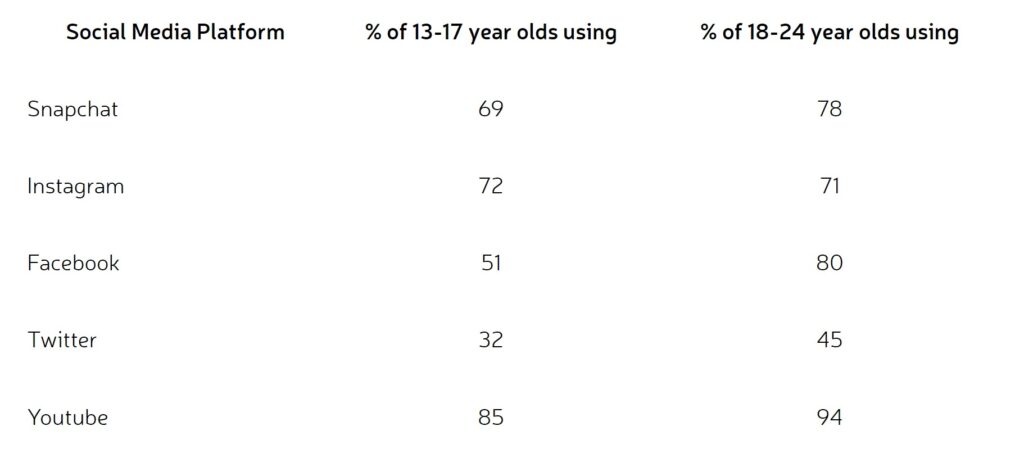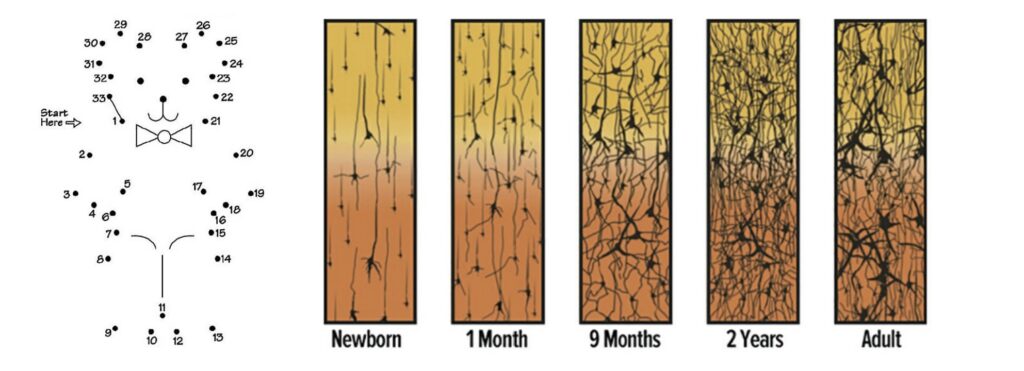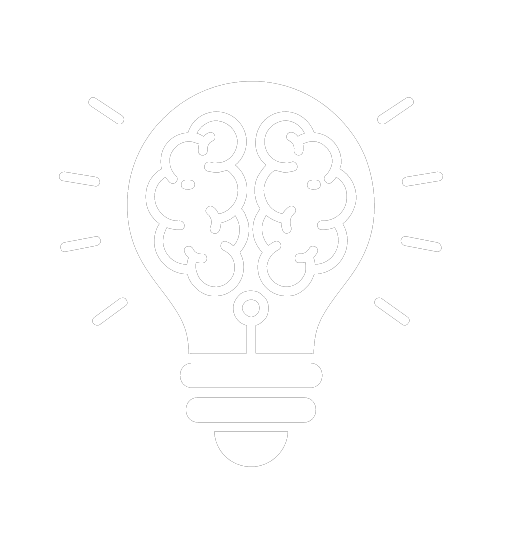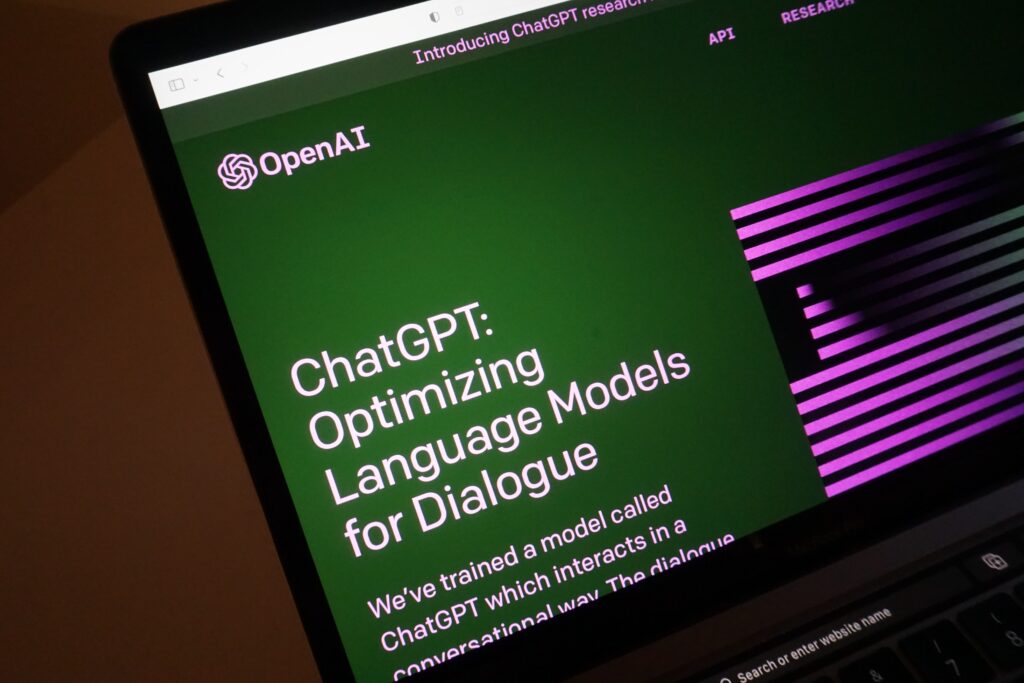Unless you have been living under a rock, chances are you’ve heard about something called ChatGPT. You know, that thing that can apparently do everything just shy of walking the dog.
But in case you don’t know what it is the TL;DR of it is that ChatGPT is a smart computer program that reads a lot of text, learns from it, and tries its best to have a conversation with you by generating responses based on what it learned. Think of it like an off-brand version of Jarvis from Iron-Man.

Naturally this technology has sparked a great deal of discussion, with strong opinions on both sides of the fence. Many believe that tools like ChatGPT will be revolutionary and ultimately beneficial to the world, unlocking boundless creativity and expediting work rate 10-fold. However, there are also those who fear that A.I is going to kill creativity and over time everything shy of manual labour will be outsourced to these A.I models.
Regardless of whether you think ChatGPT is a force of good or evil one thing is for sure, it’s here to stay, the flood gates have been opened and there’s no going back.
But personally, my concern is not about what it will do to our professional lives, but to our personal ones.
Is history repeating itself?
My worry is that A.I will have a similar life path to that of social media.
My generation is the first to have grown up alongside social media and we have all had a front row seat to its consequences, intended and otherwise. Initially, the concept of social media was simple and pure. These platforms presented a way for people to connect with friends, family, and like-minded individuals, regardless of geographical boundaries. These platforms provided a space for sharing personal updates, photos, and thoughts, fostering a sense of community, and belonging.
However, over time this concept morphed into something far more sinister. These platforms became complex ecosystems driven by algorithms, engagement metrics, and monetization. As social media companies sought to maximize user engagement and advertising revenue, algorithms began tailoring content to users’ preferences, creating personalized echo chambers.

The consequences: online harassment, hate speech, and cyberbullying. The amplification of sensationalized news and the spread of misinformation on social media have all contributed to an ever-growing divide among people. This has all led to a psychological toll:
- Between 2005 and 2017, depression among young people reportedly went up by 52%.
- Suicide rates among 10 – to 24 – year-olds increased by 57% between 2007 and 2017.
- Teens who often use social media are more likely to report experiencing ADHD symptoms.
It’s clear that social media has resulted in a fundamental change to our brain chemistry and I’m afraid that A.I is going to make the situation far worse.
What’s going on in our brains?
See the brain is a complex and intricate piece of equipment that science is still trying to figure out the finer workings off to this very day. But the very basics of how it works is this, the brain operates on what is known as a “neural network”.
Think of these neurons as dots on a connect-the-dots sheet. Each time we engage in a particular activity or thought process, the connections between these neurons strengthen, forming neural pathways that shape our cognitive abilities and behaviours. It’s how chess grandmasters can remember thousands of combinations, or how London cabbies can remember the name and location of every street and the shortest or quickest route to it.

The concept is pretty simple, the more you do something, the more it becomes ingrained into your brain. The inverse is also true, the less you do something, the worse you get at it because the connections between your neurons become weak, kind of like how a muscle becomes weak over a prolonged period of time if you don’t train it. Basically “if you don’t use it you lose it”.
The other thing you need to know about the brain is that it is designed for efficiency. If neural pathways are not used, the brain will deem them unnecessary and strip them away in a process called pruning. This is done to make room for new connections to form.
So tell me what’s more efficient? Exhausting your own mental energy to solve a problem or letting a computer much smarter than you solve it and taking all the credit for the work yourself?
You might see where I’m going here. What might happen to a brain over the course of a decade if it has been conditioned to pawn off cognitive effort to a machine?
The Smarter the robot, the dumber the human
My fear is that as adoption of A.I. becomes more widespread, much like with social media, peoples over reliance on it might lead to unintended consequences. And not in the sense that “the robots will become sentient and take over the world”. But in the sense that the average person will become even less engaged in their lives than they already are, literally pawning off the hassle of thinking and other complex cognitive activities to a computer.
I know the concept sounds absurd, the idea that over time we as people will become unable to form our own thoughts, but looking around me I can see a future where that is a reality.
It already feels like people barely think for themselves anyways, merely regurgitating the opinions they’ve heard online without critically analysing them for themselves. Not being able to back up why you have a certain opinion on a topic should already raise big red flags, at least cognitively speaking.
If this trend continues and we reach a point where individuals no longer need to invest effort in generating their own thoughts, we risk becoming passive vessels, merely repeating the ideas and viewpoints that A.I systems provide.
This is most concerning to me with regards to the late Gen Z’s and after. If during early development the brain becomes conditioned to outsource cognitive effort to a machine, how will that effect cognitive ability long term? Because personally I know that if this technology existed when I was in school and college I would have abused it and my brain would be as smooth as a freshly polished marble.
How I see it is this, it will be a matter of moderation. Much like how you don’t gain weight from consuming just one pizza or permanent lung damage from smoking just one cigarette, using an A.I to help with (or just flat out do) your work once in a while won’t cause your brain to rot.
But it is the repeated overindulgence in these things that stand to cause long term negative consequences. Consequences that build up little by little and often remain unnoticed until it’s too late. It is often the things that make your life easy and comfortable today that actually end up making life more difficult tomorrow.
Let’s not forget we are only at the beginning of this A.I revolution, meaning this is the worst this technology is ever going to be. Meaning that if we succumb to it’s allures now, then what hope do we have at regaining cognitive ability once it reaches it’s full potential.
Conclusion
As we enter a new era of technological advancement, it’s important that we remain both conscious and cautious of the potential consequences these new systems may cause. Ultimately whether something is good or bad is dependent on how it is used. A.I undeniably possesses the power to revolutionize industries and improve our lives in numerous ways. Likewise, it has the potential to do a great deal of damage by making us idle bystanders in our own lives.
However, we must strive to maintain our autonomy and actively engage with the world around us. Let’s not succumb to passivity and surrender our capacity for independent thinking, reasoning, and forming our own unique thoughts.
Call me a pessimist but I’m afraid that if we are not careful with how we approach this powerful new technology then it may represent a bleak turning point in mankind’s history.

